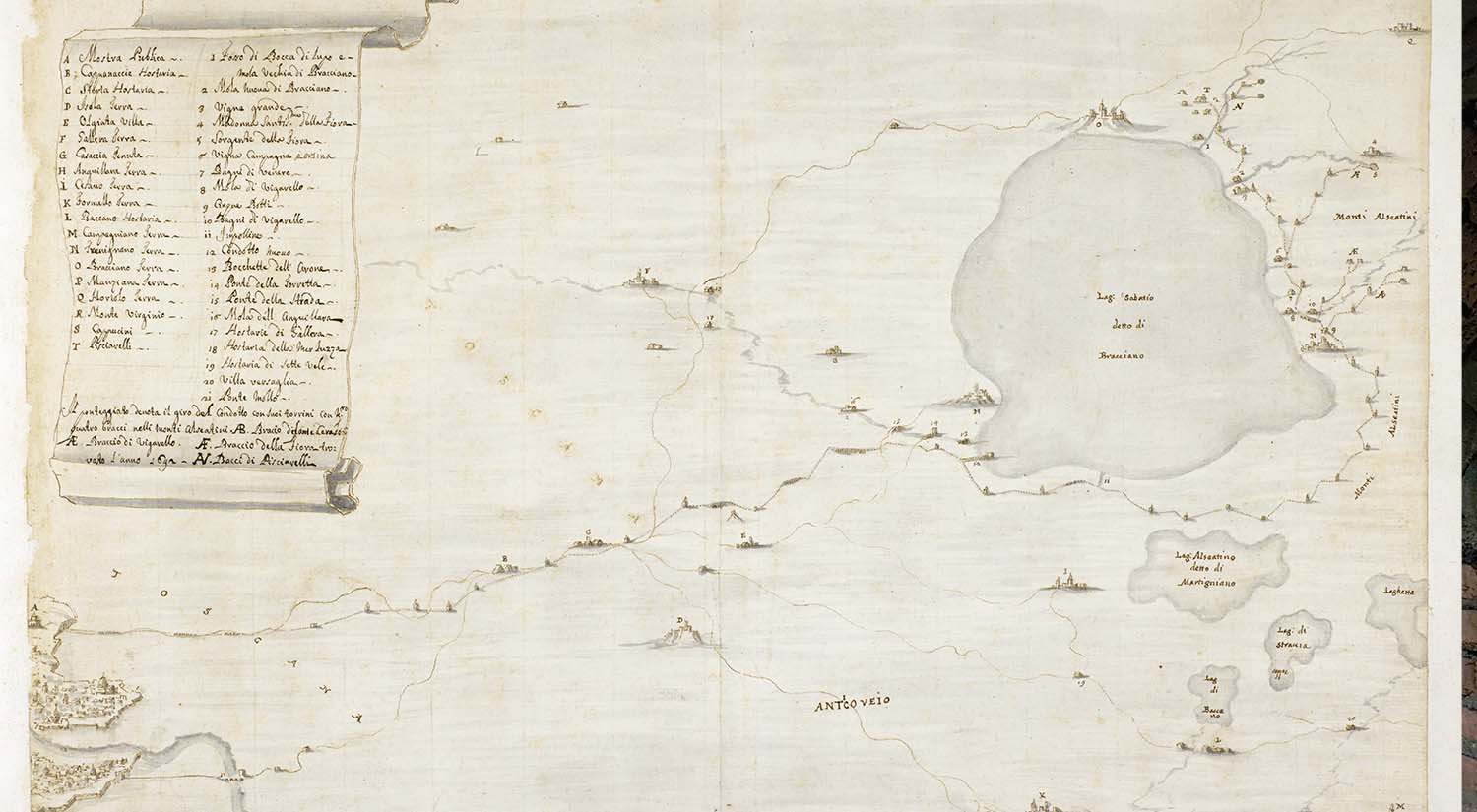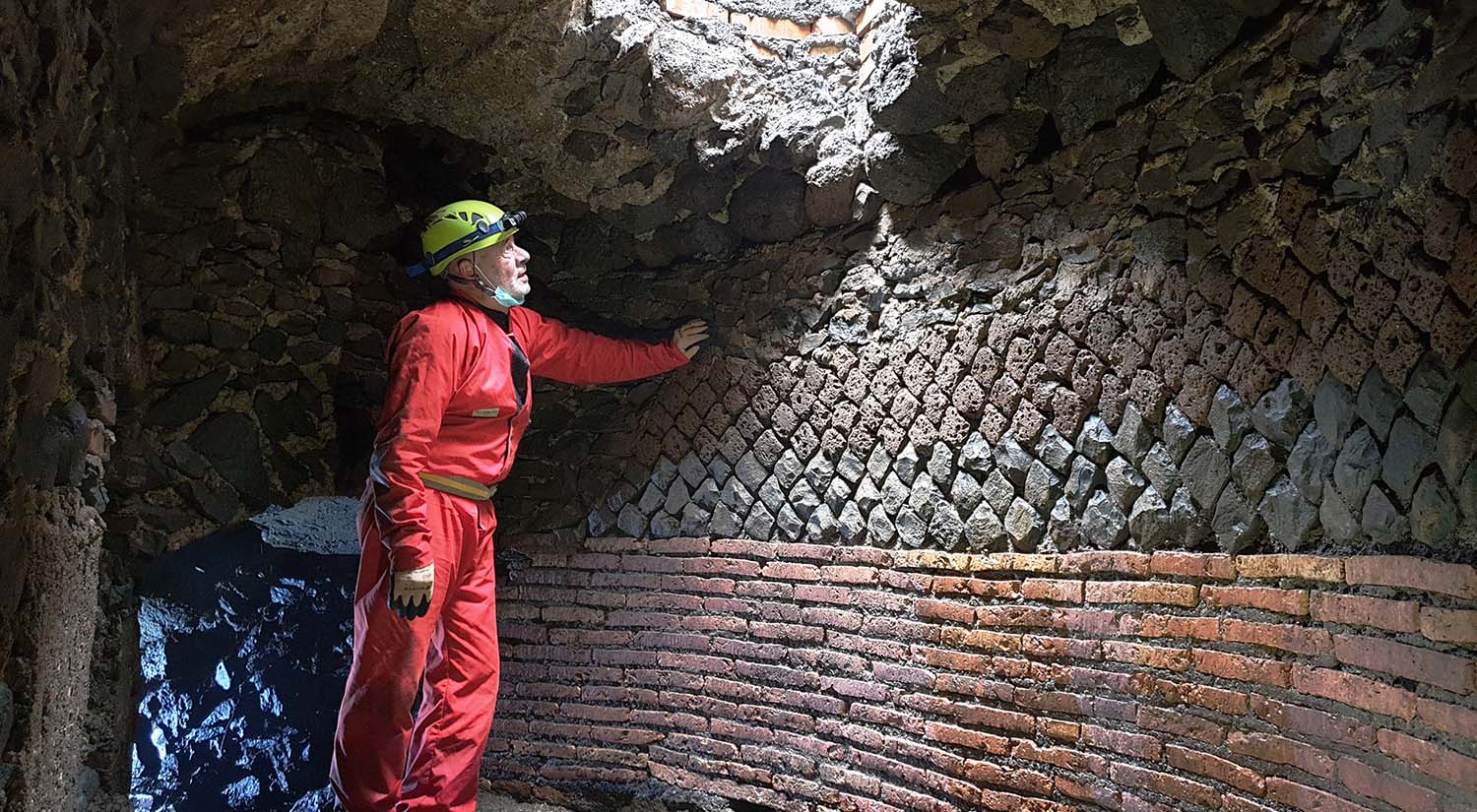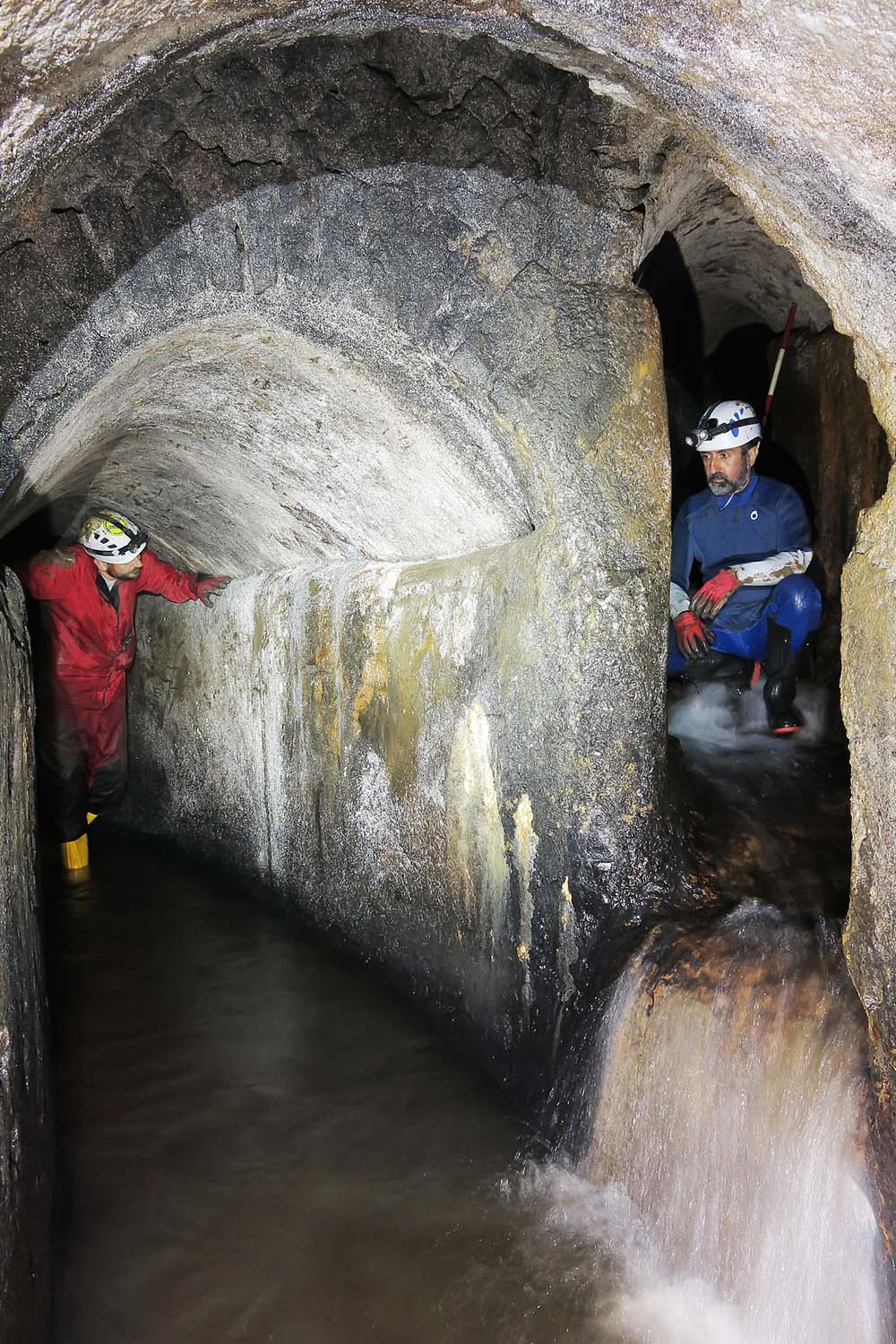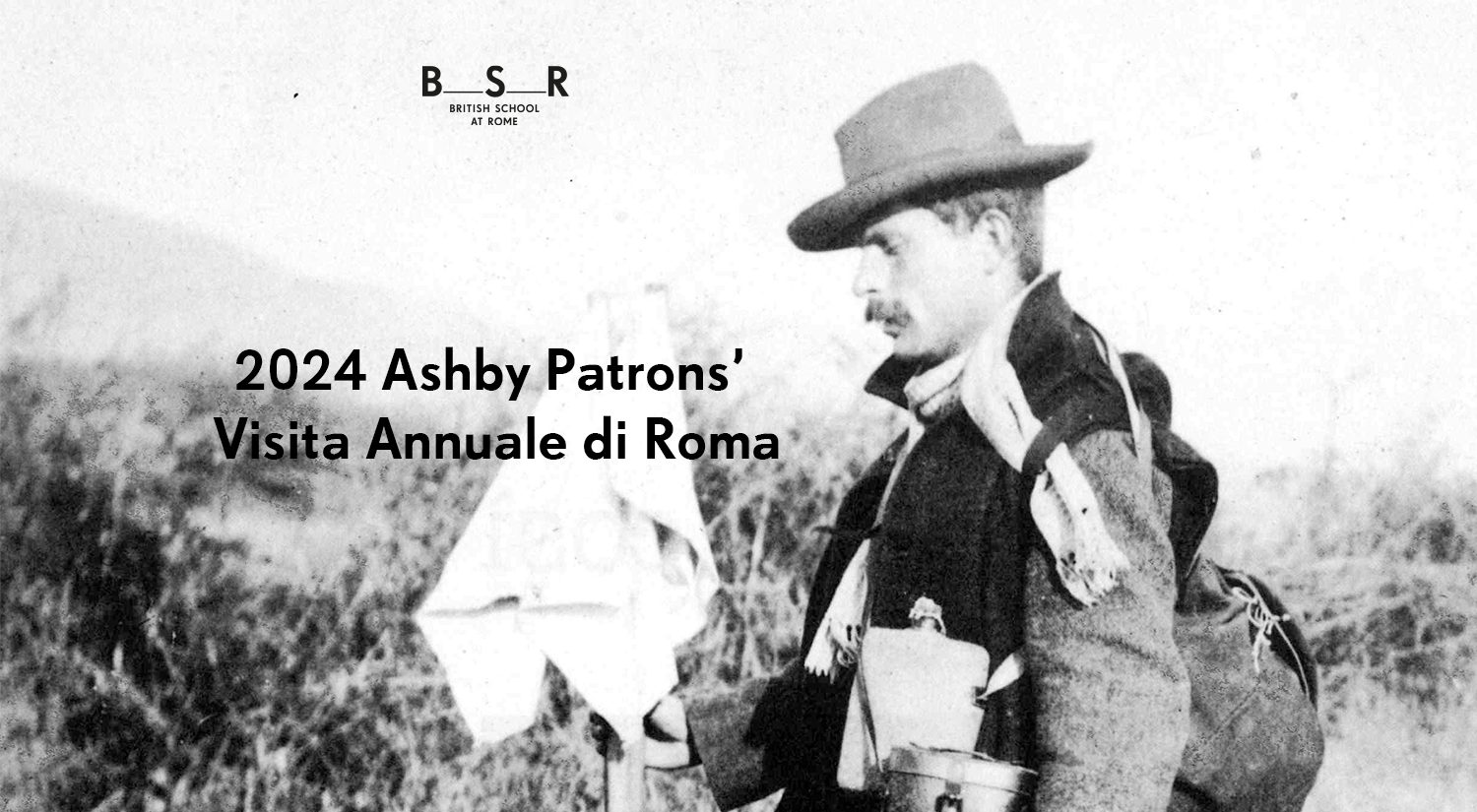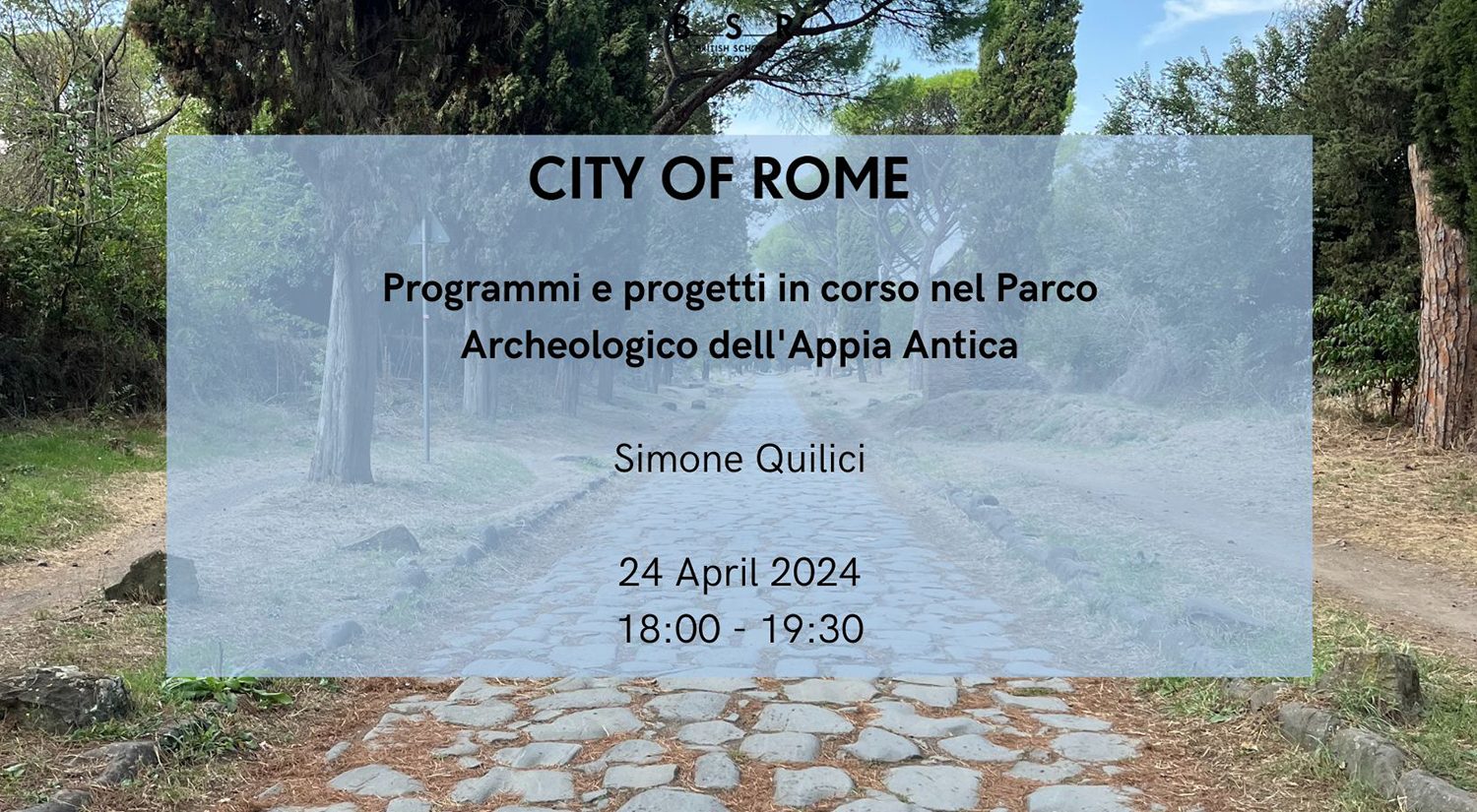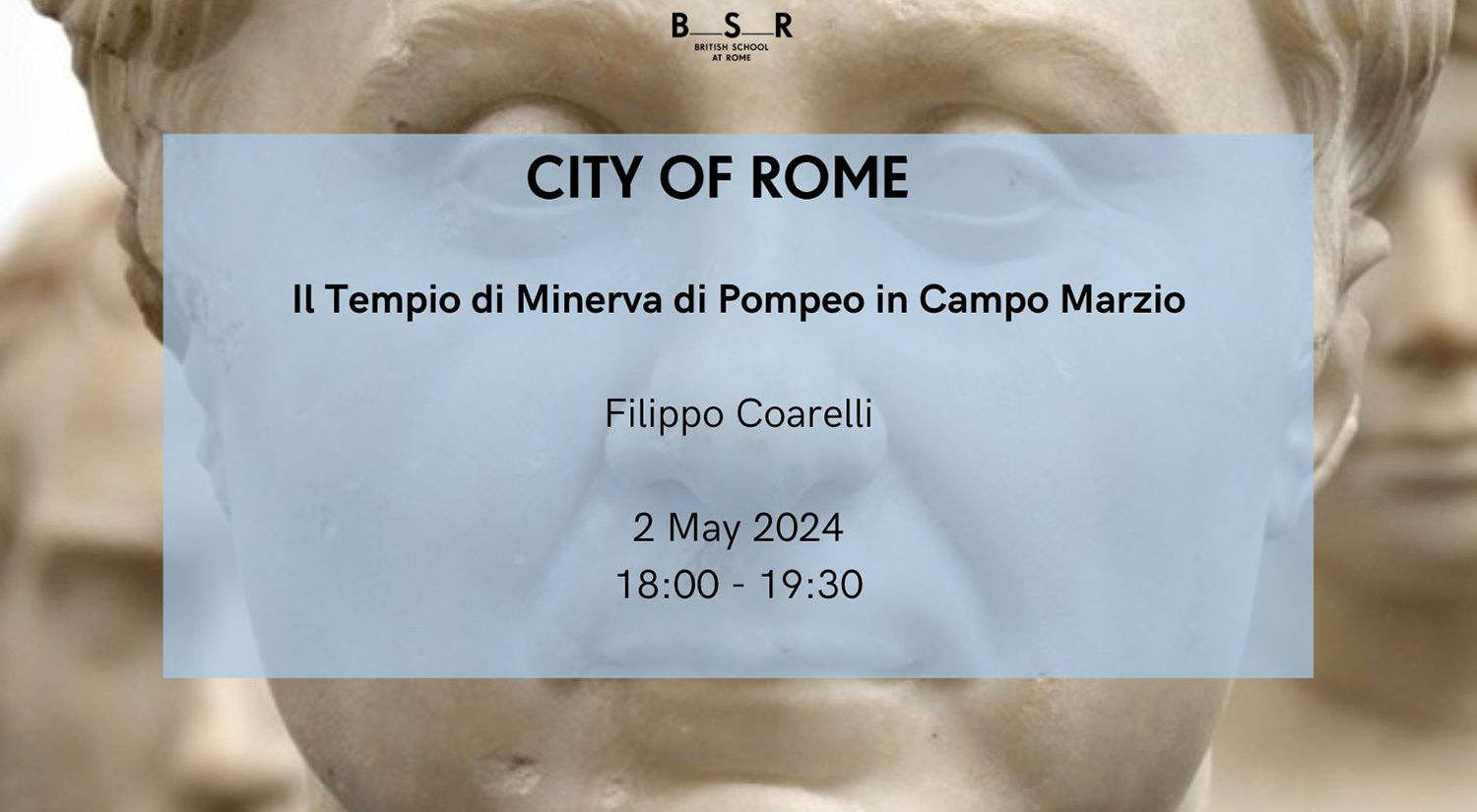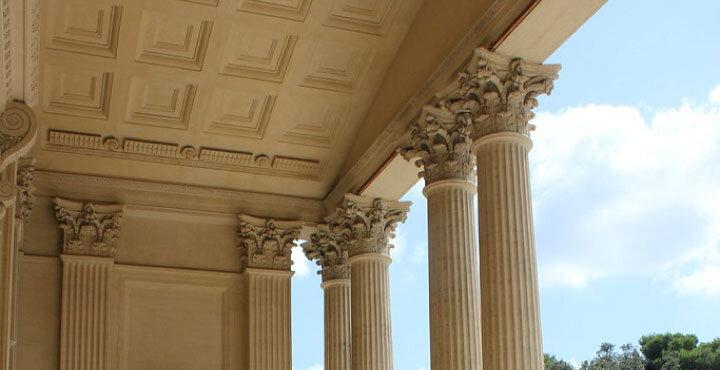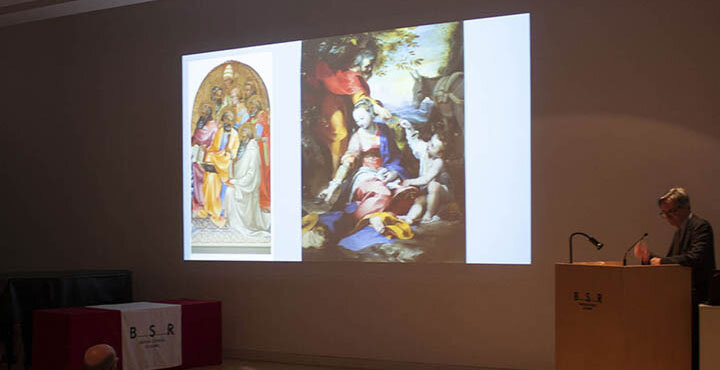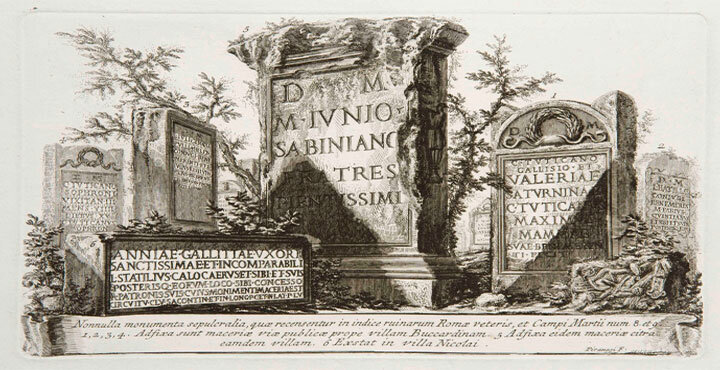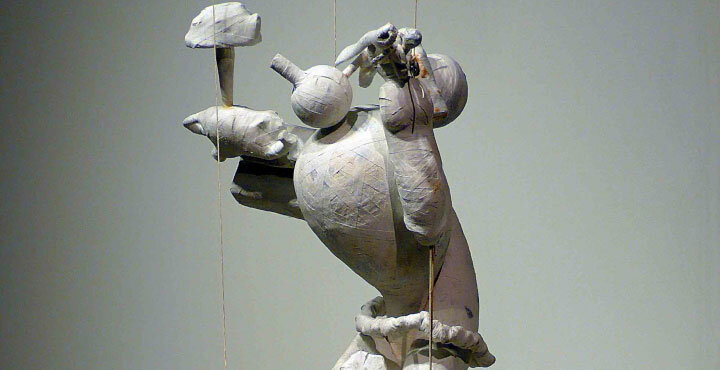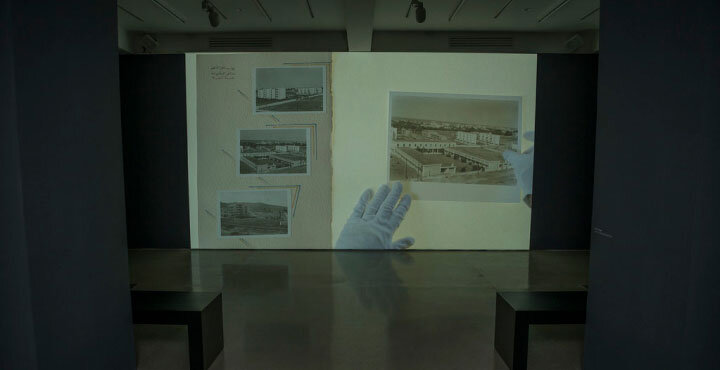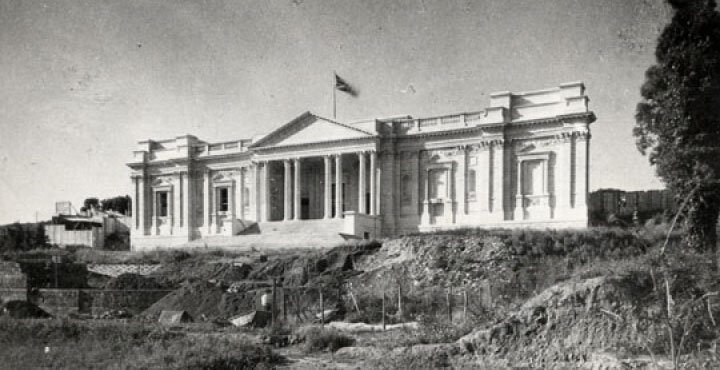The recent publication of Aqua Traiana (Gangemi Editore, 2021) highlights the immense quantity of information that can be revealed by rigorous, multidisciplinary archaeological and scientific investigation into these wonders of ancient engineering and water management. But how might this formative pilot project focussed on the Aqua Traiana inform research into Roman aqueducts more broadly? And how has it moulded the future research trajectory of this field? This event brings together five experts to discuss and debate these topics, encompassing recent studies of Roman aqueducts in Rome and further afield, with discussion moderated by Christer Bruun (Toronto).
This event will be in English and Italian.
Christer Bruun, Professor of Roman history at the University of Toronto, is a former Director of the Institutum Romanum Finlandiae and a frequent visitor in Rome. Among his specialities is his focus on water management in the Roman world, with a particular emphasis on the imperial administration of the Roman cura aquarum and the water distribution network in Rome, including the evidence from stone inscriptions and stamped lead pipes. He is the author of The Water Supply of Ancient Rome (1991) and of some thirty articles on related subjects (2000-2019), and the editor of Technology, Ideology, Water: From Frontinus to the Renaissance and Beyond (2003).
Francesca Carboni is Historical Research Associate at Newcastle University within the ERC founded Rome Transformed project. Her role consists in working on archival documents and contributing to the understanding of the Eastern Caelian building environment’s development from the fourth through the late eighth-century CE. Former Marie Curie fellow and post doc researcher at Ghent University, she has a strong professional experience in urban archaeology and building archaeology, having taken part in extensive excavations in crucial sites of Ancient Rome (e.g. the Forum of Nerva and the Baths of Trajan) and having provided archaeological support for years to the consolidation and restoration works of important architectural complexes (e.g. the Domus Tiberiana on the Palatine). She is currently working as an expert archaeologist for the Soprintendenza Speciale PNRR.
Franceso Maria Cifarelli è Curatore Archeologo presso la Sovrintendenza Capitolina ai Beni Culturali e Research Fellow presso la British School at Rome. È stato Direttore del Museo Archeologico Comunale di Segni fino al 2014. Si è occupato in maniera particolare del Lazio antico, effettuando da un lato numerosi studi sul popolamento arcaico della regione del Lazio interno, con particolare riguardo alle problematiche storiche e archeologiche legate al popolo dei Volsci. Dall’altro, partendo dal dossier sulla città di Segni, creato e approfondito in tutti i suoi aspetti dall’età arcaica a quella imperiale, si è esteso ad interventi riguardanti il Latium vetus e adiectum, toccando aspetti storici, istituzionali, religiosi, archeologici e topografici dell’intero mondo latino. Su Roma, è co-autore di numerosi interventi scientifici sull’acquedotto Traiano, del quale è promotore e curatore, con Marina Marcelli, di un progetto complessivo di documentazione e studio condotto con ACEA ATO2.
Marina Marcelli è un’Archeologa e geografa, è stata fino al 1999 vicepresidente della cooperativa Lateres Arc. Ter., curando numerosi progetti di ricerca e valorizzazione in importanti siti archeologici italiani. Dal 2000 al 2015 ha lavorato presso l’Ufficio Carta dell’Agro della Sovrintendenza Capitolina come responsabile dei municipi VIII, IX e X e del Laboratorio di cartografia, occupandosi di sistemi informativi geografici e analisi territoriali. Attualmente è Funzionario Curatore dei monumenti archeologici dei municipi VIII e X e del tratto M delle mura Aureliane e responsabile dei sistemi informativi per il monitoraggio delle Mura e degli Acquedotti di Roma (Progetto Osservatori). È autrice di numerose pubblicazioni di archeologia e geografia, fra cui diversi interventi scientifici sull’acquedotto Traiano insieme a Francesco M. Cifarelli, con il quale sta curando un progetto complessivo di documentazione e studio condotto con ACEA ATO2.
Duncan Keenan-Jones is Lecturer in Ancient History at the University of Queensland. His research focuses on the relationship between environment, technology and society in the past, especially in the ancient Mediterranean and in Australia, as well as how these can help us manage this relationship today. He has current projects on the climate, flooding and water management in ancient Italy and floodplain management in Australia’s channel country, as well as how Roman mortar developed and why it is so durable. He is an affiliate of UQ’s Centre for Policy Futures, having been a fellow there in 2020. Before taking up the position at UQ, he held postdoctoral positions at the Collegium de Lyon (2017-2018), University of Glasgow (2014 – 2017) and the University of Illinois, Urbana-Champaign (2011-2014).
Evelyne Bukowiecki has a doctorate in archaeology, is a specialist in building archaeology and in Roman brick and has participated in and directed numerous international research projects on monumental architecture in Rome and utilitarian architecture of the port sites of Ostia and Portus. She is an associate researcher at the Institut de Recherche sur l’Architecture Antique, the Centre Camille Jullian and corresponding member of the Deutsches Archäologisches Institut. She is currently a study engineer at the École française de Rome, responsible for the archaeology laboratory and the monitoring of archaeological projects.
A limited number of in-person spaces are available for this talk. If you would like to attend in-person at the BSR, please sign up here.
Please note that everyone attending an event in Rome must wear an FFP2 mask, pre-register for limited places using Eventbrite, and be required to present a Super Green Pass or equivalent (proof of vaccination or recovery from Covid within the past nine months).

